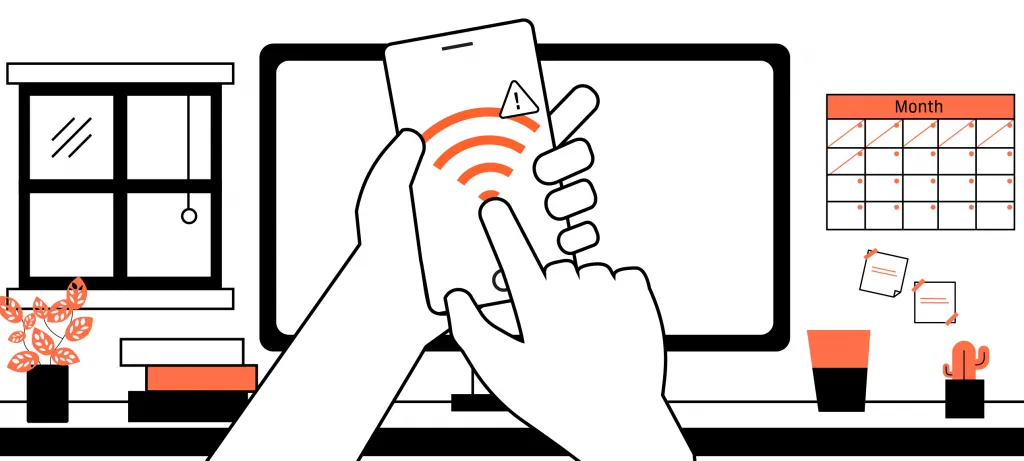A survey conducted by the Pew Research Center shows that the digital divide is alive and well. In February of 2021, 92% of American adults with an annual household income over $75,000 said they have broadband connectivity at home. Similarly, 87% of those who make between $50,000 and $75,000 yearly have broadband access.
Contrast this with households who make between $30,000 and $50,000, of whom only 74% have broadband at home. Only 57% of adults with household income under $30,000 have access to high-speed internet at home. 27% of that same income group rely exclusively on their smartphones for internet connectivity.
Inequality in internet access isn’t new, but high-speed connectivity is more essential than it’s ever been. As apartment operators constantly seek out new amenities and features, quality property-wide WiFi for apartment complexes is non-negotiable for many renters. Why should this be any different for affordable housing?

Another study by the Pew Research Center found that 66% of adults in the US said that people without broadband at home were at a major disadvantage when looking for jobs. 77% also said a lack of high-speed internet presented a major obstacle for those trying to get schoolwork done. High internet costs also took a toll on residents. 15% of home broadband users said they struggle to pay for high-speed internet. This number grows to 25% of users who make between $30,000 and $49,999 each year. This proportion increases further to 34% of people who make less than $30,000.
Managed apartment WiFi solutions present an opportunity to multifamily operators. Providing the residents of affordable housing with reliable, reasonably-priced broadband connectivity can help bridge the digital divide. Operators benefit their communities and grow their NOI by connecting residents with the resources they need to advance their professional and educational careers.

Managed WiFi’s strengths translate extremely well to affordable housing. There’s no more need to have contractors or specialized on-site personnel to facilitate connectivity on the property. Instead, the internet provider handles WiFi connectivity. Additionally, set-up for new users only requires them to log in – no more wait times for an ISP to send someone to connect a resident.
PropTech offers more than just managed WiFi to the affordable housing market. The Internet of Things brings a lot to the table, especially for properties with high turnover or limited staff bandwidth. Smart locks allow instantaneous credentialing for move-ins, reducing property staff workload. There’s no more need for re-keying – that can happen automatically during unit turnover. Additionally, smart thermostats allow energy savings on vacant units, which can be adjusted in bulk and set to a schedule to maximize efficiency.
Technology shouldn’t be limited to A and B-class properties. Affordable housing is uniquely suited to the benefits of managed WiFi and IoT solutions. Access to high-speed internet is crucial for all residents, especially those who are seeking opportunities to further their careers and pursue higher education. If operators limit technology to higher income properties, they risk worsening the digital divide. Instead, embracing smart technology and additional apartment internet solutions can help elevate communities and improve the lifestyles of residents.


